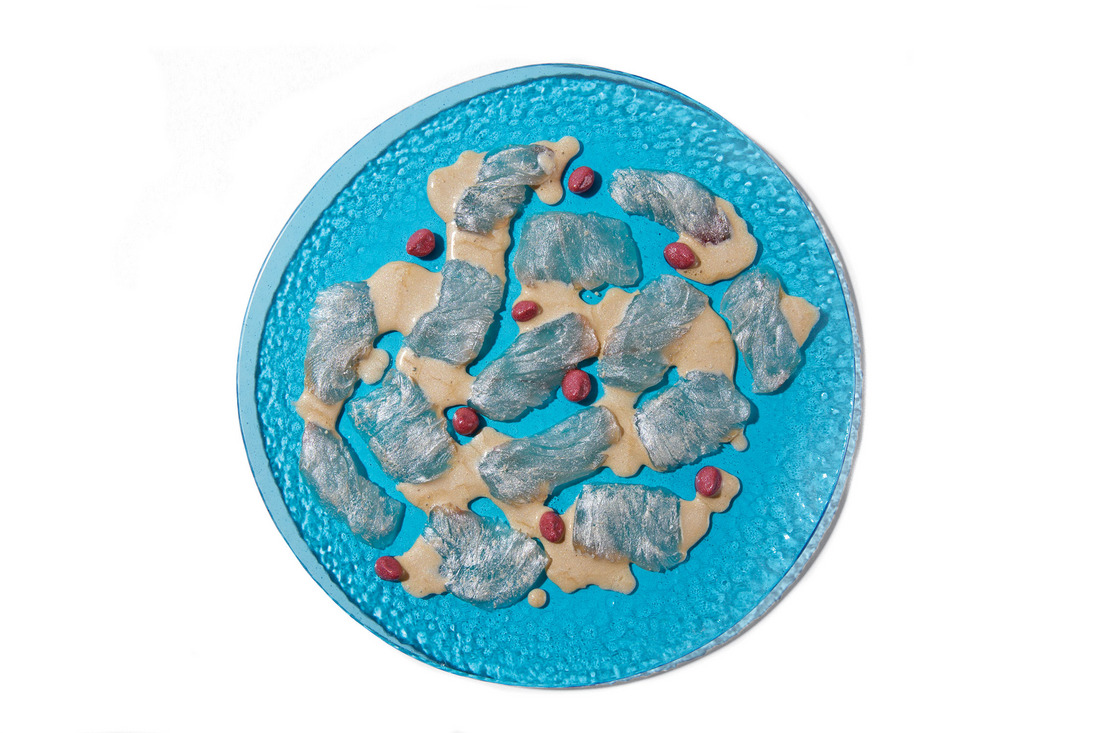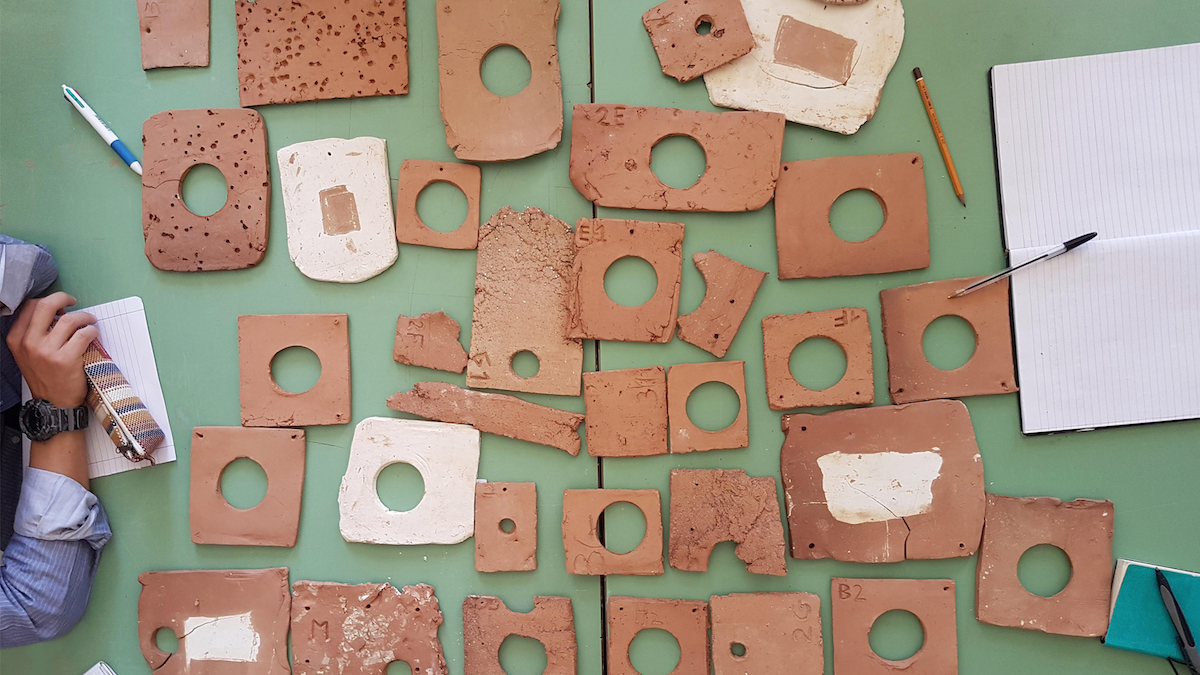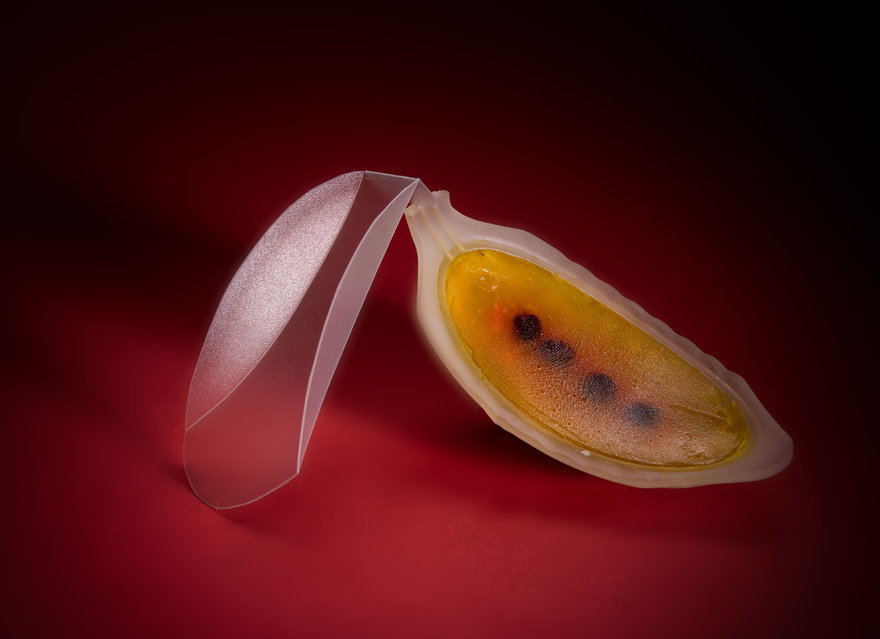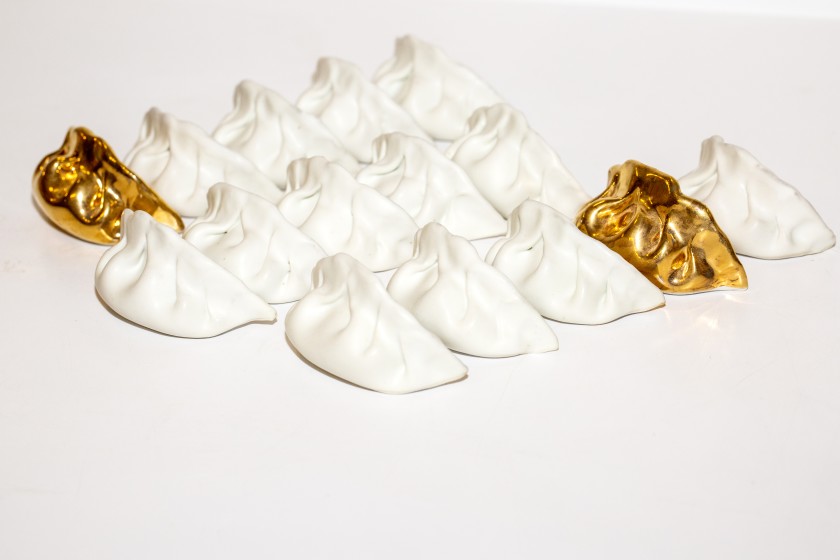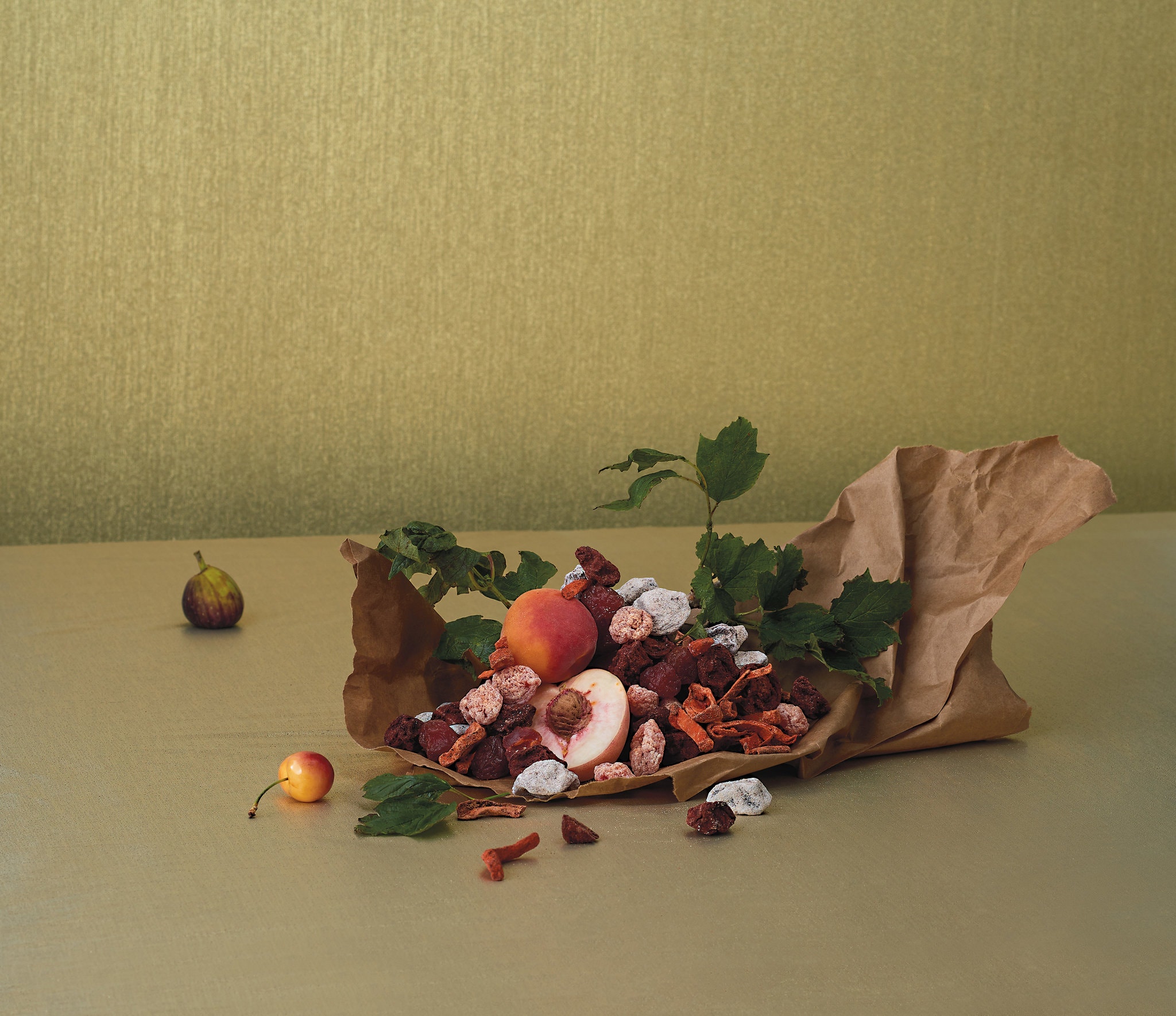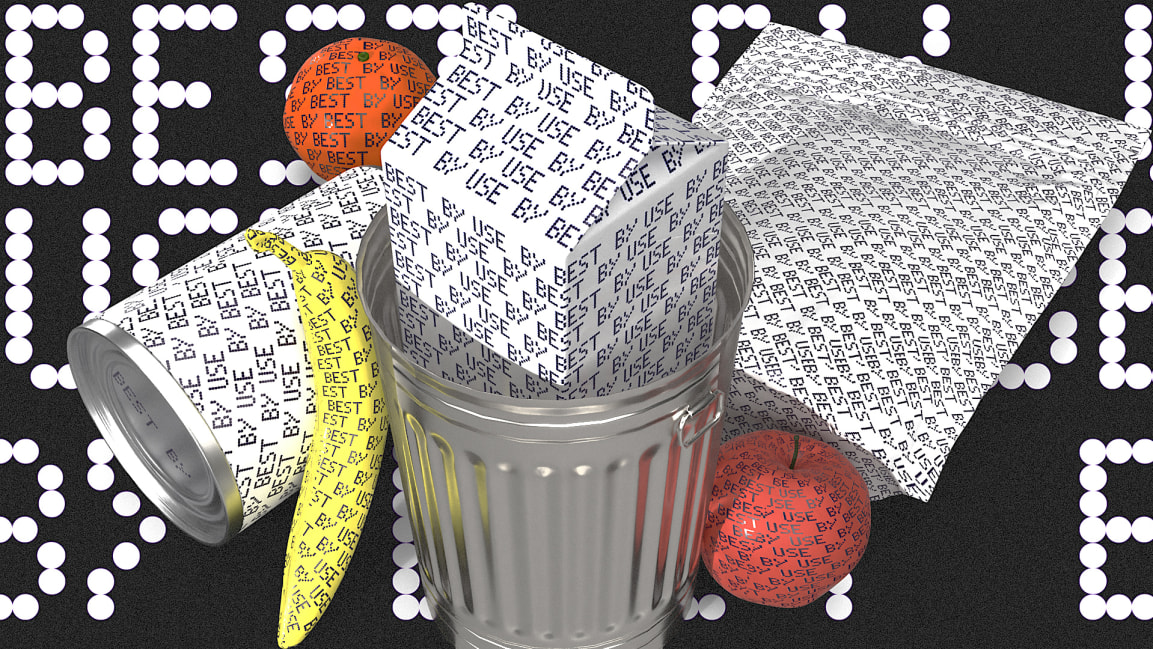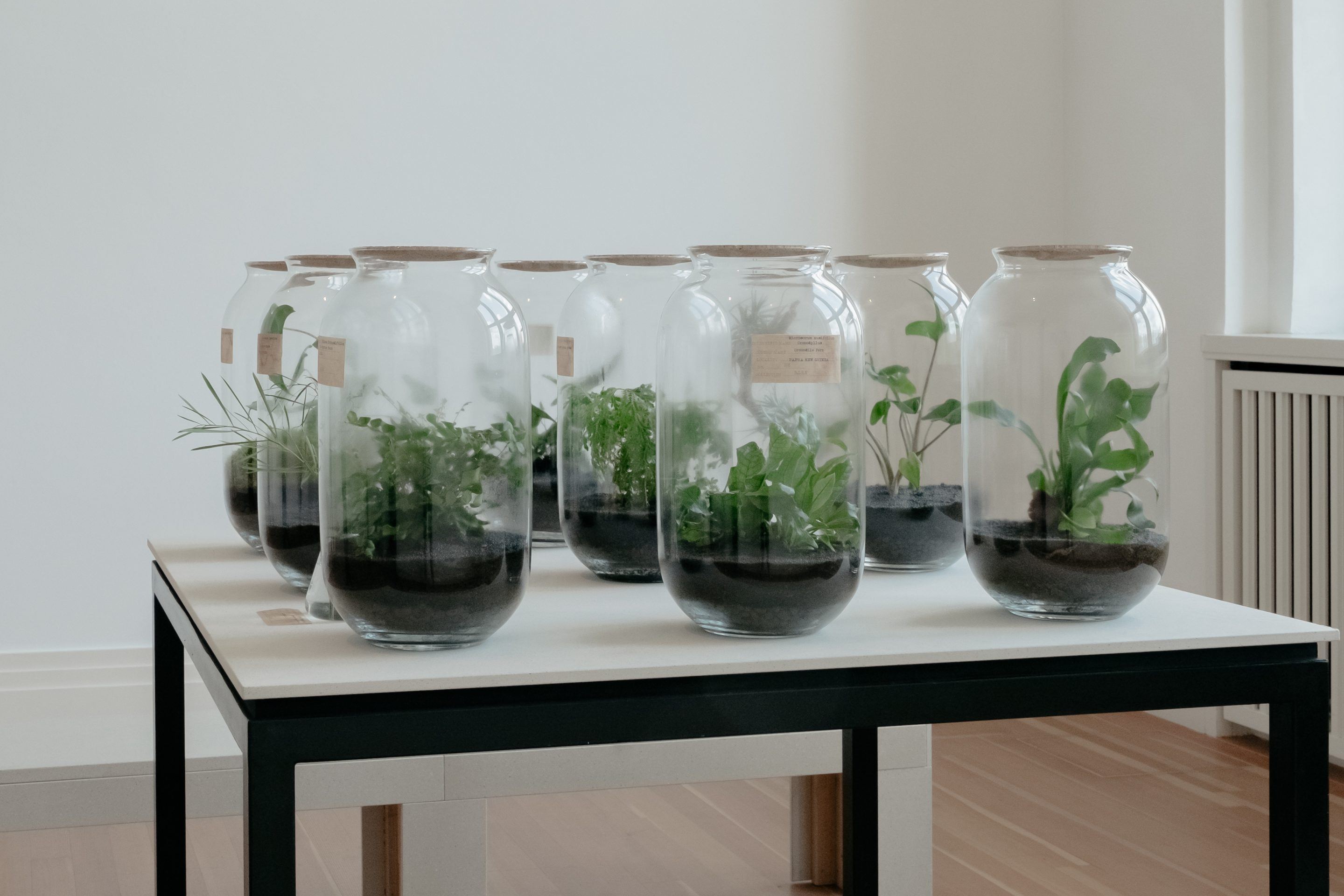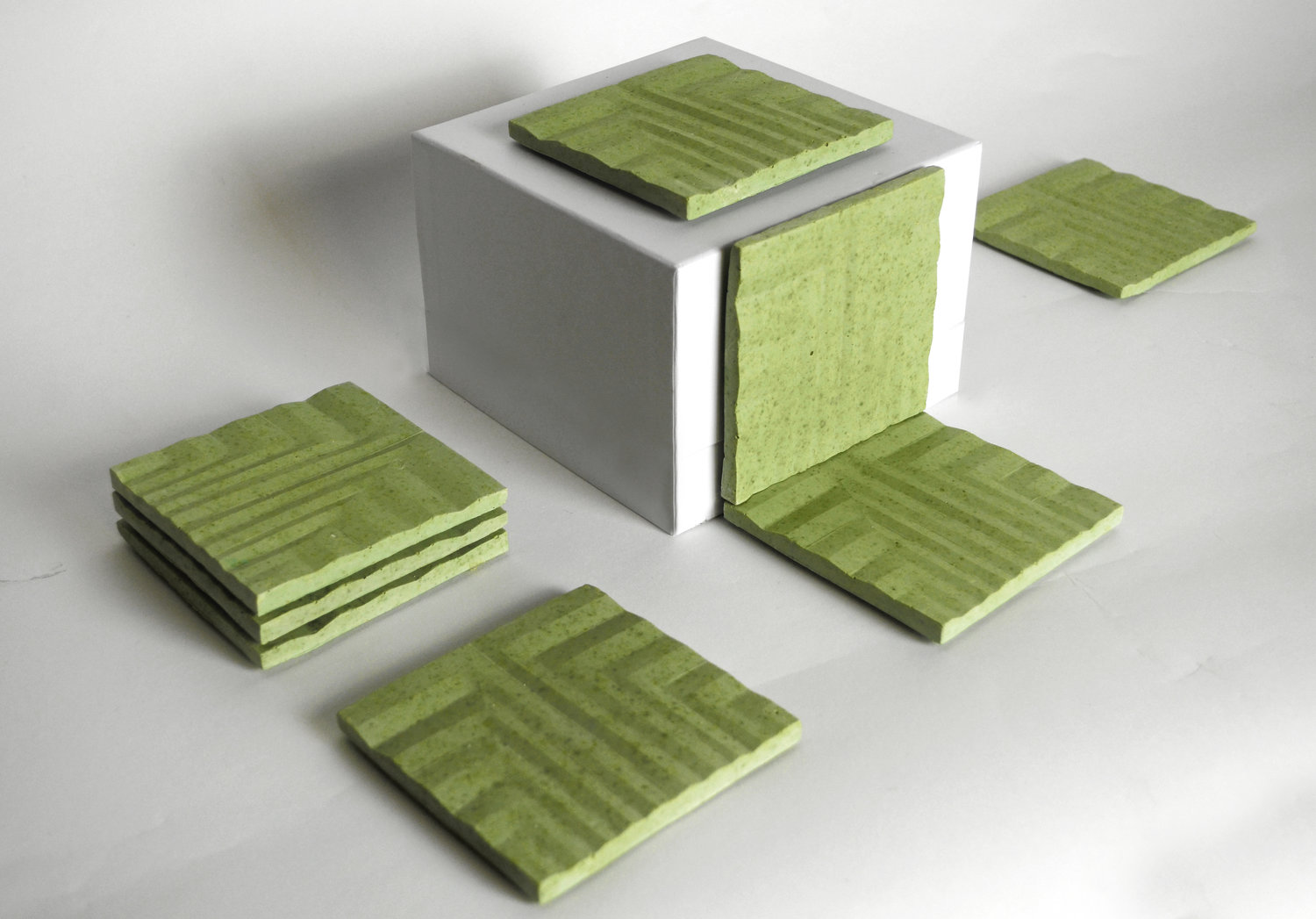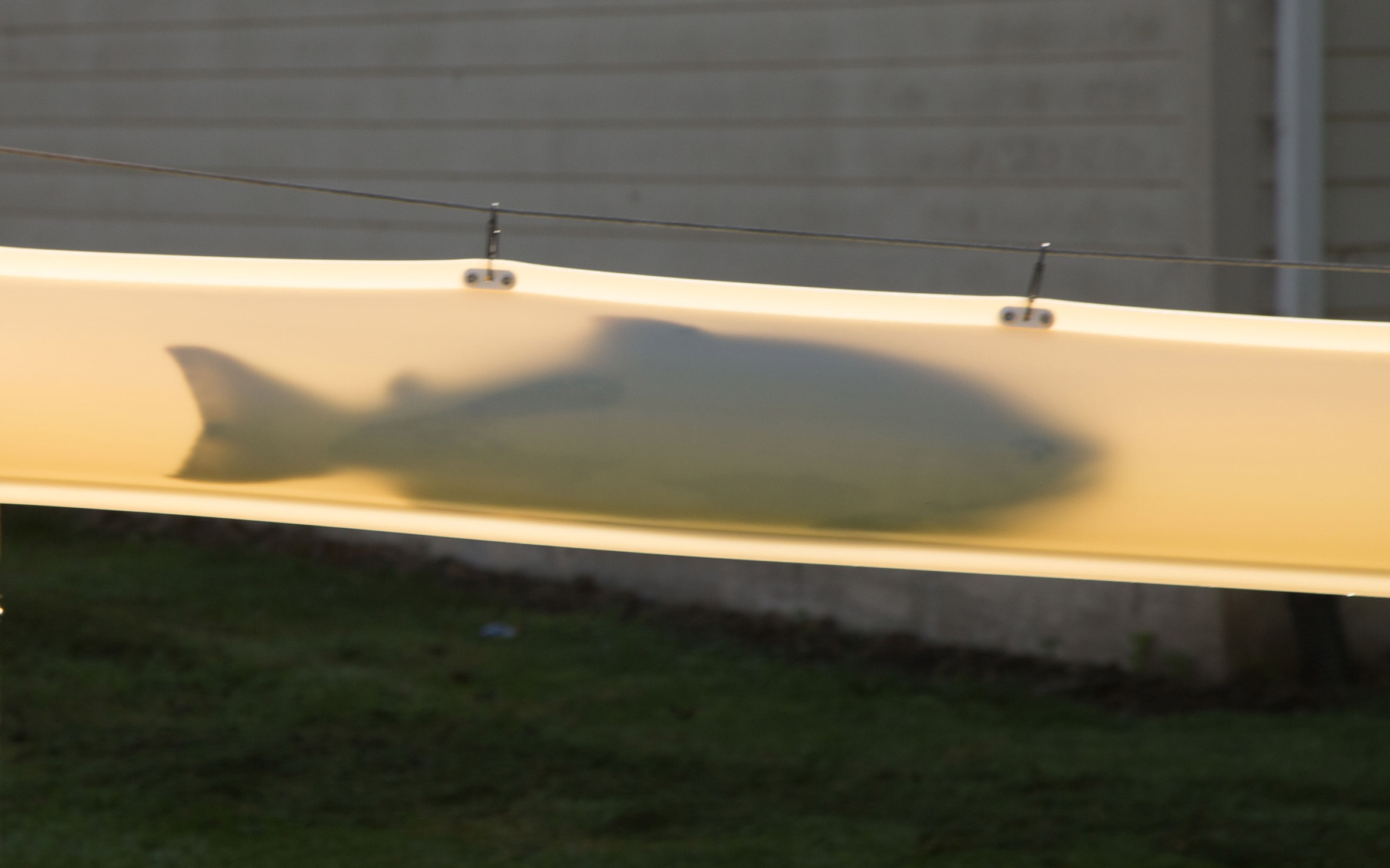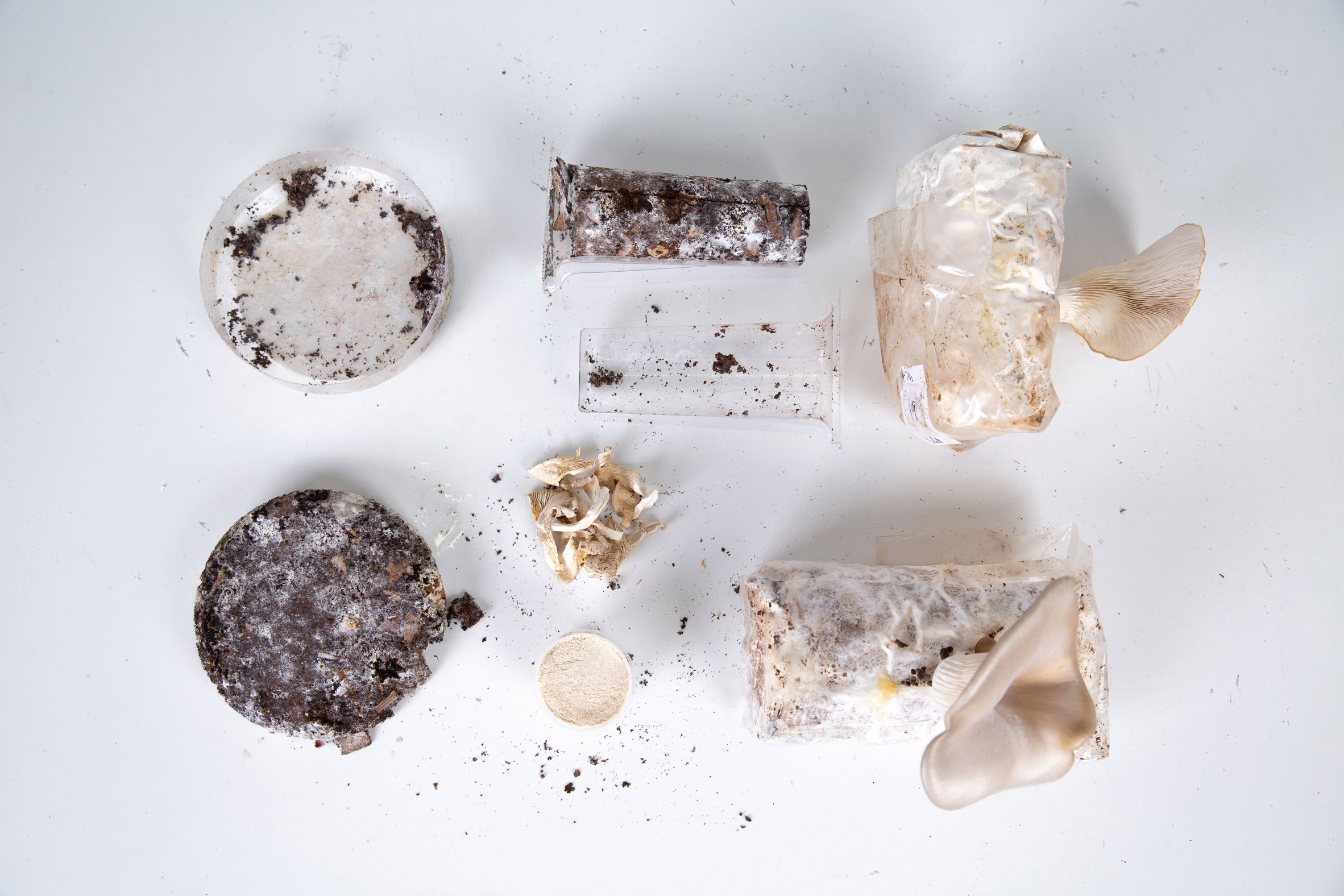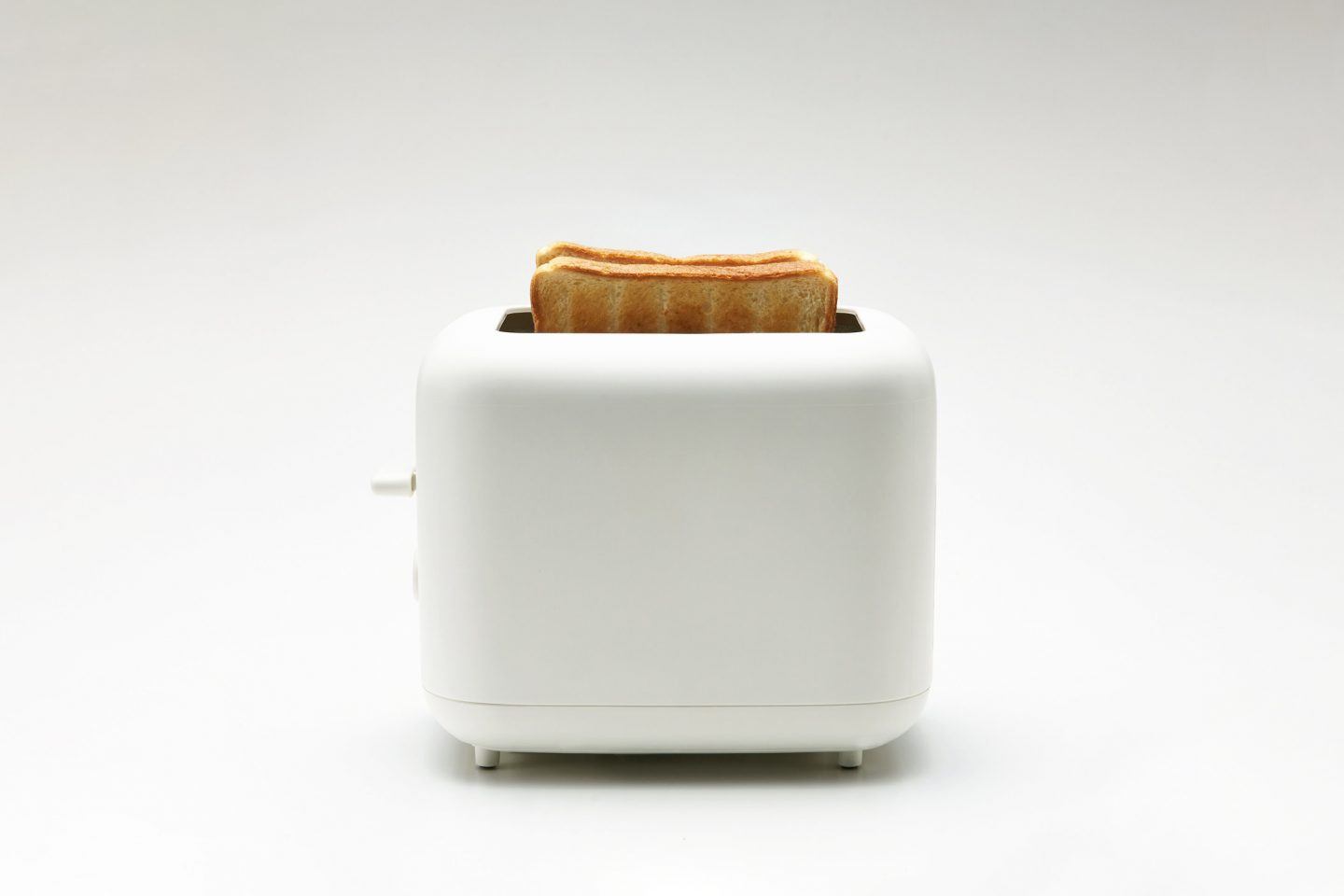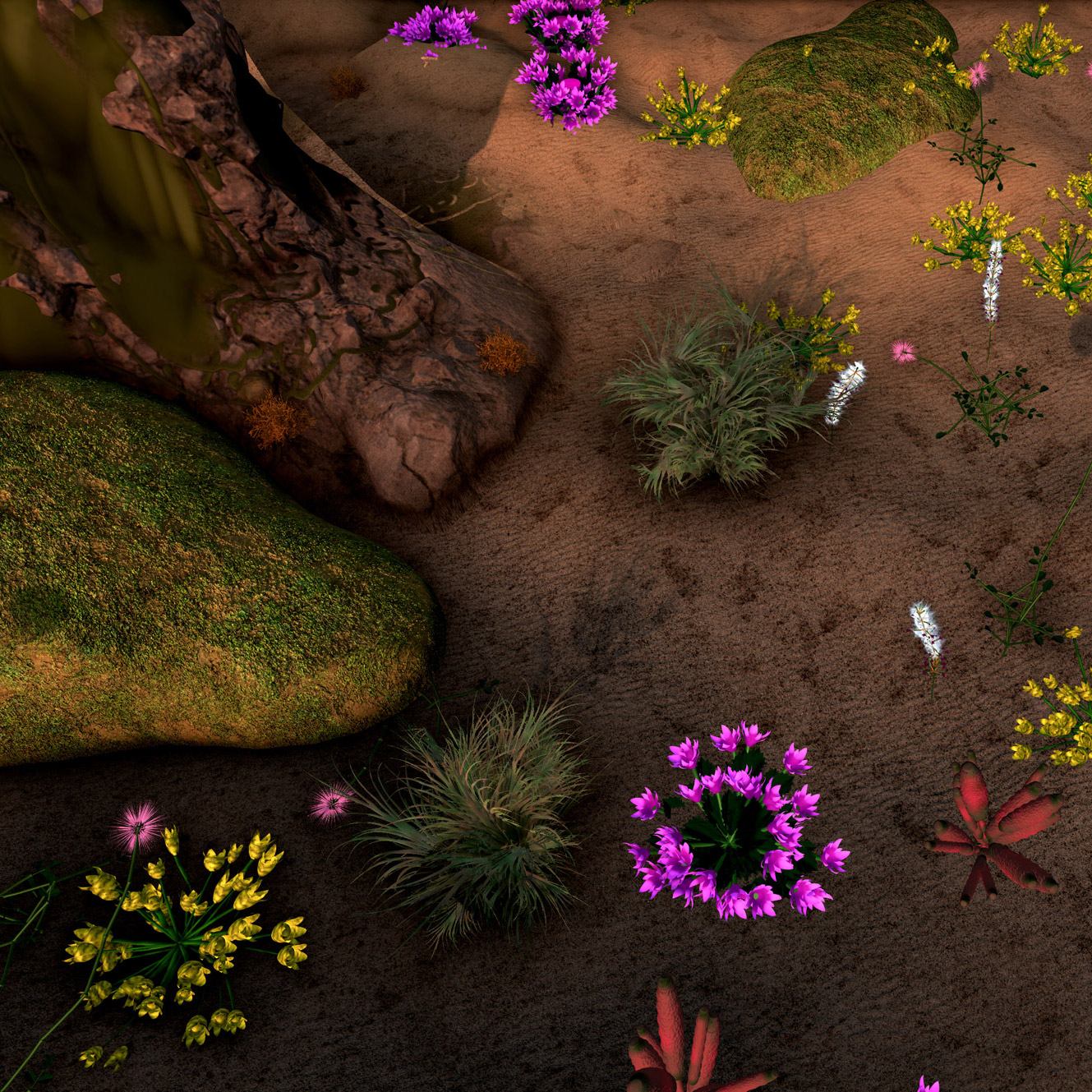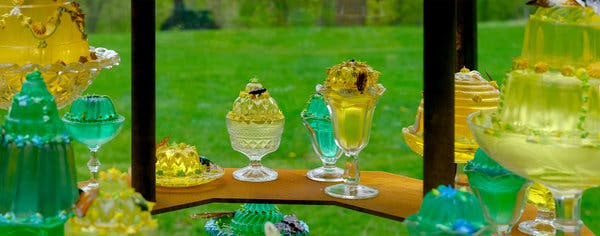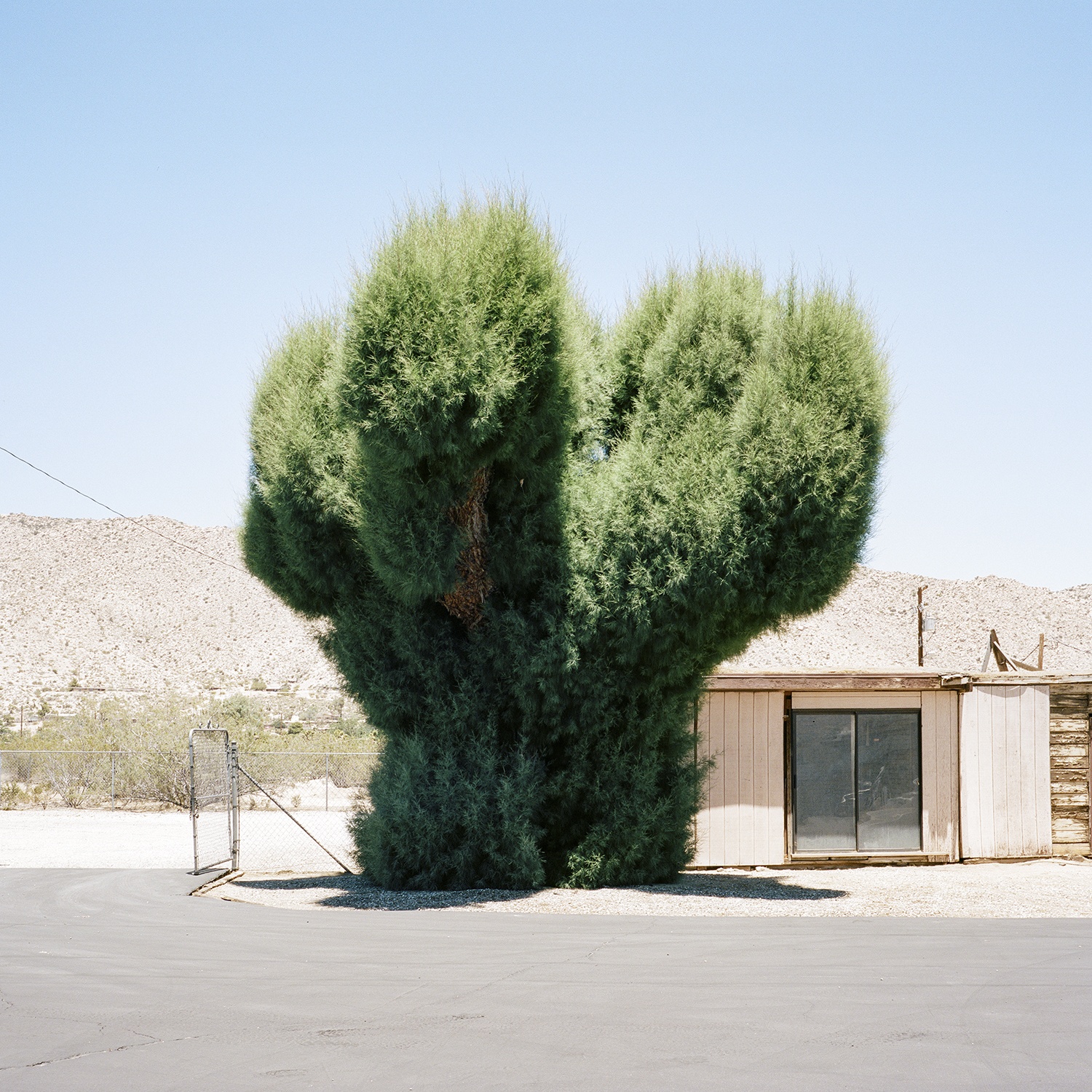Our weekly serving of off-the-menu items-a few popular favorites from the week, as well as a few morsels that may have slipped your notice.
Although the name Brown Betty is less commonly known, the classic brown clay tea pot from Britain is ubiquitously recognizable. After lamenting the poor quality that resulted from the mass commercialization of the Brown Betty, ceramicist Ian McIntyre set out to develop a locally produced tea pot that had the key features of the Betty’s original design, while also incorporating some small changes of his own. McIntyre’s design will pay homage to Britain’s favorite tea pot while on display at FOOD: Beyond the Plate at the Victoria & Albert Museum.
Are Robotic Farms Really Worth It?
Although robot-run farms have become a buzzy topic in recent years, the economic viability of their production chain remains to be seen. Iron Ox, a robot farming startup based in California, is putting the profitability of robotic farming to the test by offering three varieties of greens at a local grocery chain in San Carlos, CA. While Iron Ox’s robotic system can reduce the travel time between farm and store, its prices may have trouble competing with major grocery chains.
Experimenting with the advantages of biomimicry, the University of Stuttgart recently constructed two pavilions for the Bundesgartenschau horticultural show that are based on the shapes of sea urchins and beetles. The pavilions were built by robots and designed to mimic natural patterns and forms. One of the structures is covered in an interlocking geometric pattern, taking inspiration from the design of a sea urchin’s skeleton, while the other has sharply raised points that mimic beetle wings.
‘Catch of the Day’ Crafts Vodka from Food Waste
Icelandic designer Björn Steinar Blumenstein believes that design should address real-life issues. Observing the magnitude of food being wasted across the world (nearly 40% of the food we produce ends up in the garbage!), he created a project that ferments leftover fruit and vegetable scraps. Catch of the Day transforms fruits and vegetables into vodka, negating the need for an expiration date, and creating an economically profitable product.
Each step of our food production chain has an impact on the environment; as we think about what to eat each day, there are simple changes we can make to cook for a better future. This piece from the New York Times chronicles the ins and outs of how to cook foods that will minimize your environmental impact, and explains the science behind food and its relationship with climate change.





